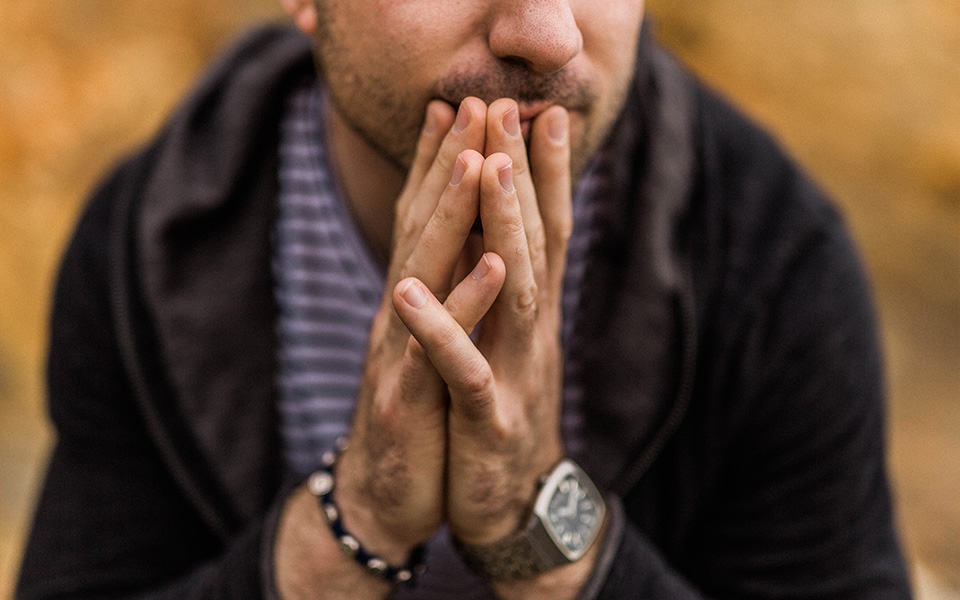I’m a dating advice writer and dating coach who writes and coaches from experience. I got married for the first time at 51 and have a lifetime of insights. When it comes to dating and being single, I’ve walked in many people’s shoes.
This is why a chick is giving you dating advice right now. Because I’m qualified.
I’m a lifelong athlete, a 5-time marathoner, a competitive tennis player, former fitness trainer, and I’m a sports gambler. I even have a bookie. When it comes to coaching men, I like to think I’m the right woman for the job.
I understand guys and speak their language. I know how they think and what makes them tick.

Here’s another thing I know: Guys are finding dating very challenging these days. Between dating apps, the current dating culture, the MeToo movement, and modern feminism, it’s a shit show out there. Fear and distrust are rampant; frustration abounds; ghosting is pervasive; and rejection comes with every swipe. Rejection isn’t new to dating–neither is disappointment or failure–it just seems like there’s more of it and more in your face.
Rejection is part of the game (and built into the system with dating apps). I talk to my male clients all day about navigating and optimizing the technology, but I also give equal time to talking to them about rejection and how to work with it, or rather, how to make it work for them. Rejection, as I’ve discovered, can make you a better dater.
My younger male clients find this hard to believe. They grew up with participation awards and abundant praise, so in their minds, no good can come from getting turned down or blown off. Oh, how wrong they are.
Here’s a little refresher on rejection: Bluntly put, not everyone is going to like you, and you’re not going to like everyone, but that’s dating (and life), so you better get on with it. As much as rejection stings, your ego shouldn’t be so inflated or fragile that you can’t survive it. Especially with dating apps, where a checked ego and thick skin are your best weapons to survive the rejection that will come at you fast and furiously.
As mentioned, because I have an athletic background, I see everything through the lens of sports—including dating, because to me dating is a sport. It’s performance, ability, agility, stamina, endurance, strategy, skills, wins, and losses. If dating is team tryouts, then rejection is getting cut from the team.
Rejection always sucks, but it particularly sucks for people like me who hate losing. Rejections are a total mind fuck: They get into your head, mess with your game, and make you feel like an athlete on a losing streak.
Case in point: Minnesota Twins shortstop Carlos Correa, who recently got boo’d by his own fans after a streak of bad performances. Fans weren’t having it, and neither was he. “I’d boo myself too with the amount of money I’m making if I’m playing like that and I’m in the stands. Obviously (the booing) is accepting. It’s part of the game, part of sports.”
I feel ya, Carlos. I was you, in dating terms that is.
When I was single, my slumps turned into losing streaks. Because I was so focused on “winning,” (i.e getting married), I wasn’t dating relaxed. I wasn’t in the zone. I was overthinking everything. When I’d get up to bat, I’d choke. I was so afraid of striking out that I’d strike out. I literally developed performance anxiety from dating.
When you overthink, you can’t relax; when you doubt your ability, you can’t perform. If you’re afraid of failing, you’re not flowing. And if your need to put the ball away, end the point, or win the game (or the person) is too intense, it’ll only keep victory away from you.

Another problem with rejections is that they have a sneaky way of feeding into our confirmation bias that somehow, we’re undesirable or unworthy of love. This couldn’t be further from the truth. No one is out of your league, and no one is ever too good for you. It’s been said a million different ways, but your value doesn’t decrease just because someone fails to see it. If someone doesn’t want to date you, it doesn’t mean you’re undatable. If someone doesn’t want you, it doesn’t mean you’re unwantable. Besides, you never want to be with someone who doesn’t want to be with you.
Having this mindset is crucial on dating apps, where NOTHING should be taken personally. No one knows you well enough to make judgments about you, so if you’re ghosted or rejected, chalk it up to the nature of the game and let it go.
But if you’re feeling down and your psyche’s taking a hit, repeat to yourself: I know who I am, and I know what I’ve got. That alone should snap you out of your slump.
After every rejection I experienced, my game improved. Getting dumped would initially send me into a death spiral, but after regaining my footing I would emerge with a stronger sense of my potential. Part of that was finding my own closure, and not relying on an ex to make me feel better. I took my pain and turned it into a plan to move on as fast as I could.
The best thing you can do with rejection is use it as an opportunity for growth. Rejection is like muscle, and muscle grows from micro-tears to the tissue when you exercise. With each tear, newer, bigger, stronger muscle is created. It’s the same with breakups. You get a little stronger after each one. So don’t let rejection get the best of you; make the best of rejection, and let it change you for the better.
Finally, remember this: When it comes to dating or life, whatever slumps you may fall into, or losing streaks you may face, get back in the game, keep stepping up to the plate, and keep swinging for the fences.
Treva Brandon Scharf
Treva Brandon Scharf is a late bloomer, born and raised in Beverly Hills by two Hollywood talent agents. She is the product of divorce, an admitted commitment-phobe, serial dater, marriage first-timer at 51, and badass with a heart of gold.
Treva is an ICF-certified life coach, dating and relationship coach, long-time fitness professional, and author of Done Being Single: A Late Bloomer’s Guide to Love.
When Treva isn’t dispensing tough love dating advice, she’s a Special Olympics coach and mentor to at-risk kids. She is passionate about politics, policy, and people of all ages and abilities.
Treva co-hosts the podcast Done Being Single with her husband Robby Scharf, a fellow late bloomer. Together, they deliver dating intervention and relationship advice to listeners all over the world.
To find out more about Treva and her writing and coaching, visit www.trevabrandonscharf.com.
